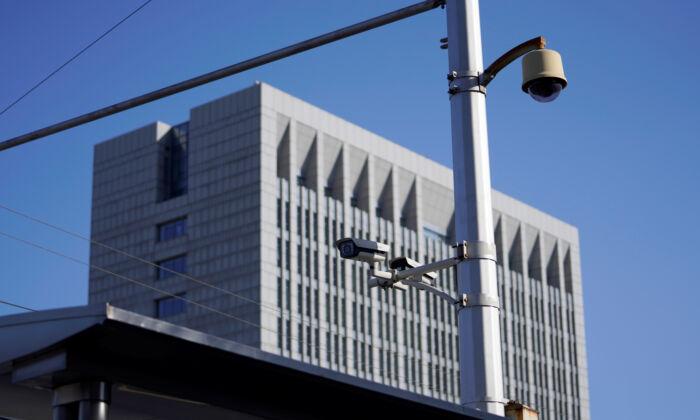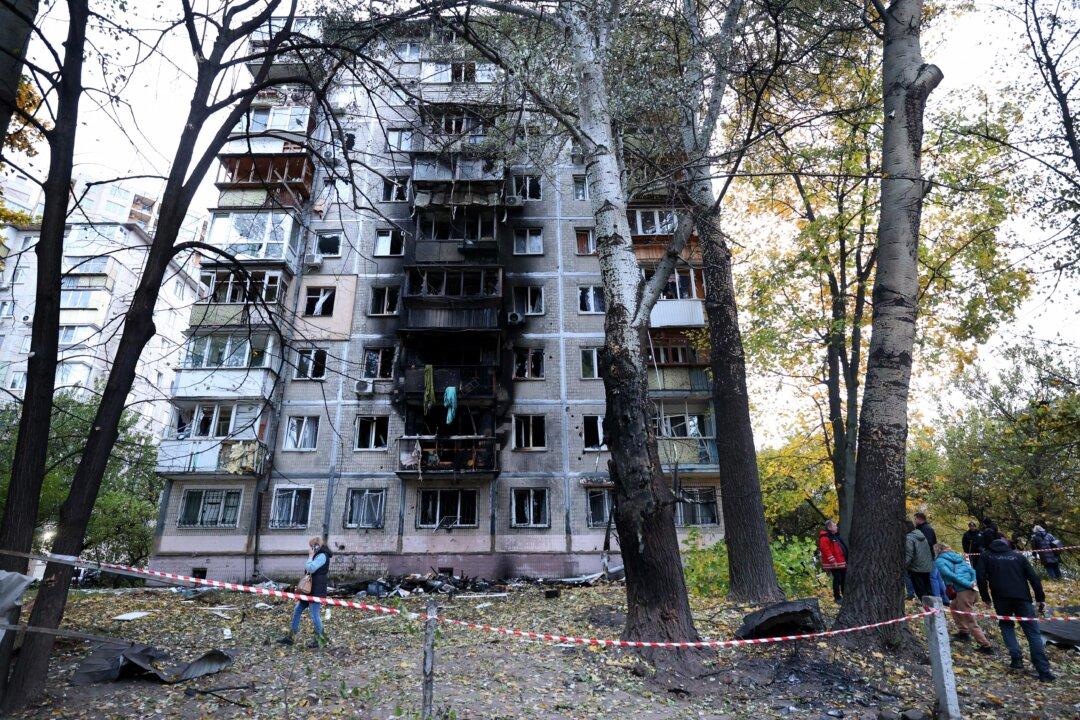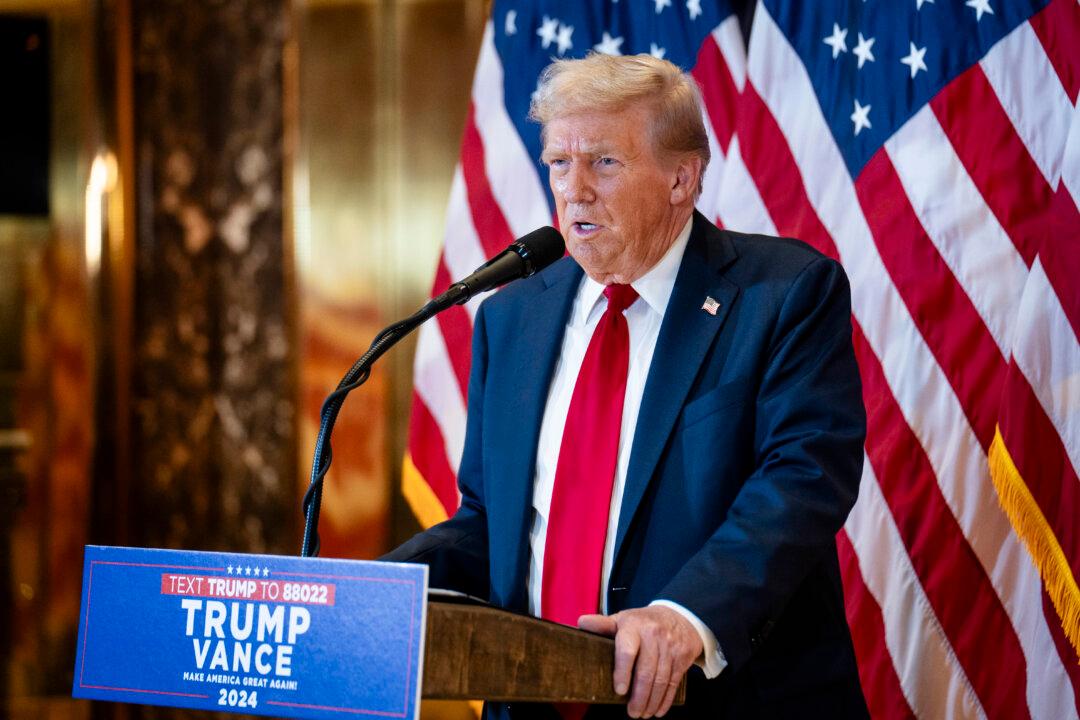As China’s economy grapples with debt-saddled Evergrande and a worsening power crisis, the Chinese Communist Party (CCP) is tightening its anti-corruption efforts against state-owned banking and insurance institutions.
Beginning on Oct. 10, the Central Commission for Discipline Inspection (CCDI) dispatched special teams to 25 state-backed organizations in the financial sector for roughly two-month inspections, according to a series of statements on its official website.
Inspectors will “thoroughly examine” any “political deviations” among party leaders of each organization, urging them to strengthen the party’s leadership over financial work, Zhao said.
The 25 financial institutions that are under scrutiny include the country’s banking and insurance regulators, stock exchanges, major state-owned banks, and asset management and insurance companies in which the state owns a majority of shares.
On Monday, the CCDI said the former chairman and party head at Chang’an Bank, based in the northwestern province of Shaanxi, had been expelled from the party and public office due to corruption.
The announcements came as the embattled property giant Evergrande missed its third round of bond coupon payments, intensifying fears of a broader crisis.
Evergrande, which owns 1,300 projects in more than 280 cities, wrestles with more than $300 billion in debt. Investors are on high alert as they worry the possible default could be another Lehman moment—the idea that the crisis in one large company could send shockwaves around the world. When the Lehman Brothers filed for bankruptcy in 2008, it had a contagion effect on other major financial institutions, triggering the United States’ worst economic disaster since the Great Depression and a global market meltdown.
As a result, Nomura, Goldman Sachs, and Fitch have revised down their projections for Chinese economic growth this year.




